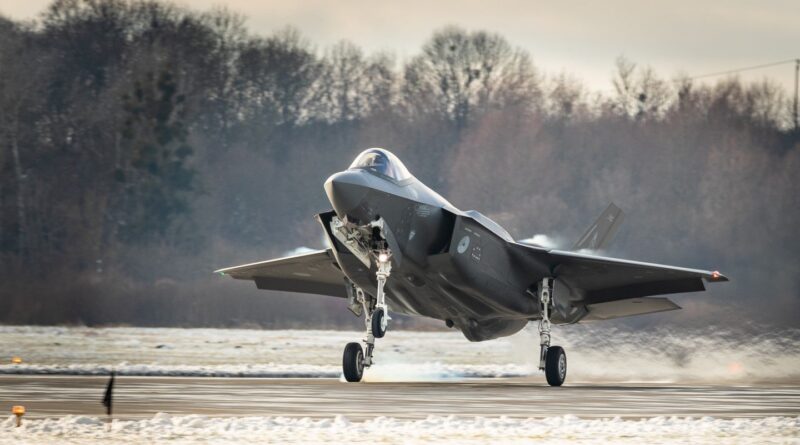Russian Drones Spark Air Travel Concerns in Europe
The recent occurrence of Russian drones infiltrating Poland’s airspace has reignited apprehensions regarding civil air travel’s vulnerability in Europe, this according to experts in the fields of aviation and insurance. The incident marked a new disruption for airlines already dealing with the impacts of increasing global tensions. In an unprecedented event, Poland, with backing from its NATO allies’ military aircraft, intercepted and shot down drones in its airspace. This marked the first instance of an action of this kind by a Western military alliance member amidst Russia’s ongoing conflict with Ukraine.
The airports of Warsaw Chopin, Modlin, Rzeszow, and Lublin, located in the eastern part of Poland, were temporarily shut down as a precautionary measure before they reopened. The encroachment of Russian drones or missiles into the airspace of countries bordering Ukraine has been reported infrequently ever since Russia initiated its invasion in 2022. However, such incidents had never occurred on such a vast scale before, and none of these countries has a record of downing these intruding devices.
The escalating conflict zones worldwide have significantly impacted airline operations and their bottom lines by increasing safety concerns and travel disruptions. Flight routes options are dwindling for airlines due to airspace closures in and around conflict zones, including Russia, Ukraine, the Middle East, some regions in Africa, and the contested airspace between India and Pakistan. These detours taken to avoid conflict zones have resulted in increased fuel usage for airlines, thus extending the duration of flights.
According to Eurocontrol, an organization coordinating air traffic among 41 nations, the closure of Ukraine’s airspace has contributed to crowding in the region’s flight corridors. In such precarious times, risks associated with breaches in civilian aviation spaces have become a matter of increasing concern for airlines. The unfolding events in Poland have served as an alarming reminder for all European nations that may face such situations more frequently.
Insights from two senior aviation insurance market sources showed that the current happenings in Poland are being meticulously observed. The insurance market would face serious challenges if an impression was formed that the Russian drone breaches into Polish airspace were not just sporadic but a consistent and deliberate act. A similar concern exists regarding potential continuation of Israeli airstrikes in the Middle East.
Following the drone incidents, a reevaluation of risk assessments pertaining to flights in Poland may be undertaken by airlines. They may contemplate shifting their flight routes further west in Poland, thereby maintaining distance from the borders with Russia, Ukraine, and Belarus. Simultaneous adjustments might include operating only during daylight hours and carrying additional fuel to accommodate potential detour maneuvers, akin to the precautionary measures adopted in the Middle East.
Under worse circumstances, airlines operating in proximity to conflict zones may face the most fearsome risk of having an aircraft hit, intentionally or accidentally, by weaponry. Since the turn of the century, there have been six instances of commercial aircraft being unintentionally downed, and three more instances that were narrowly averted.
One such catastrophic event occurred when a flight operated by Azerbaijan Airlines was inadvertently shot down by Russian air defenses, leading to a devastating crash in Kazakhstan with 38 fatalities. A similar incident ensued in 2020 when an unfortunate error led to an Iranian air defense operation mistakenly targeting and destroying a Ukrainian passenger aircraft.


